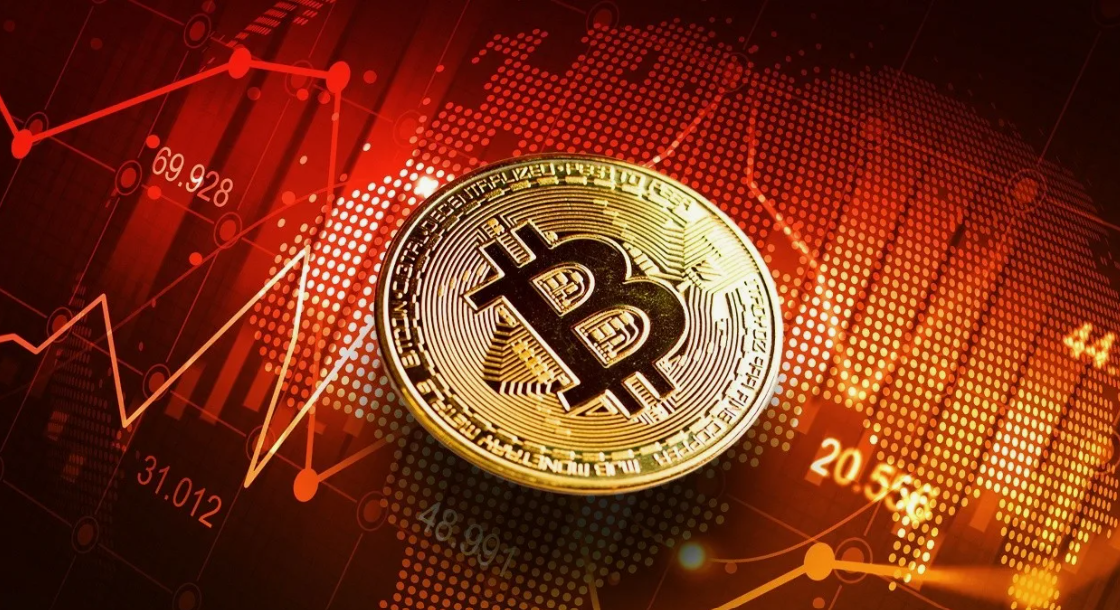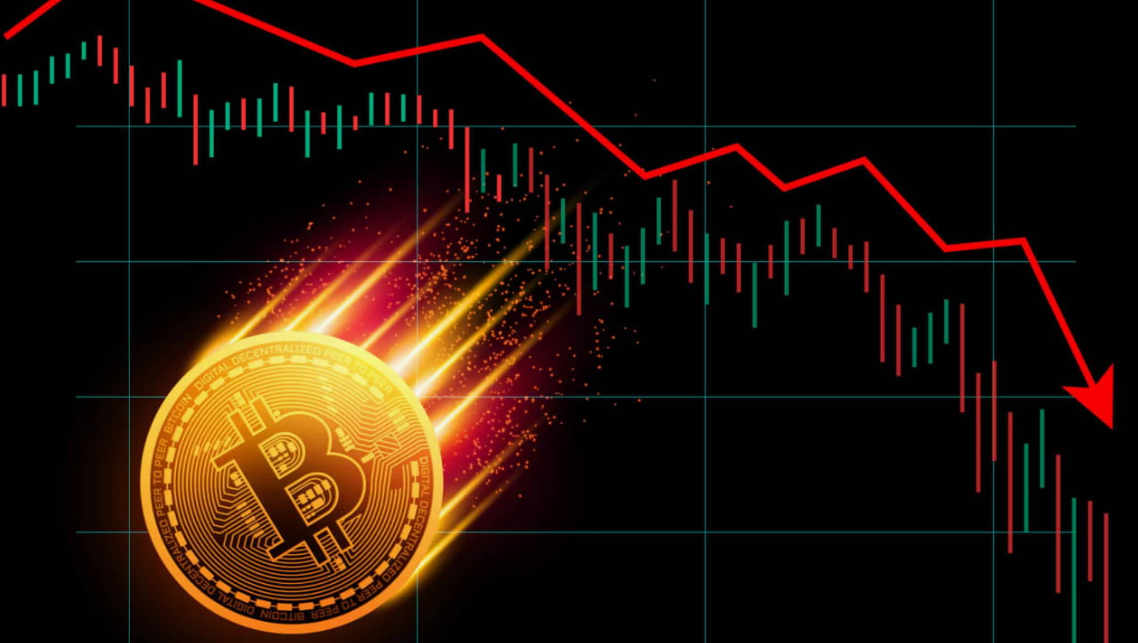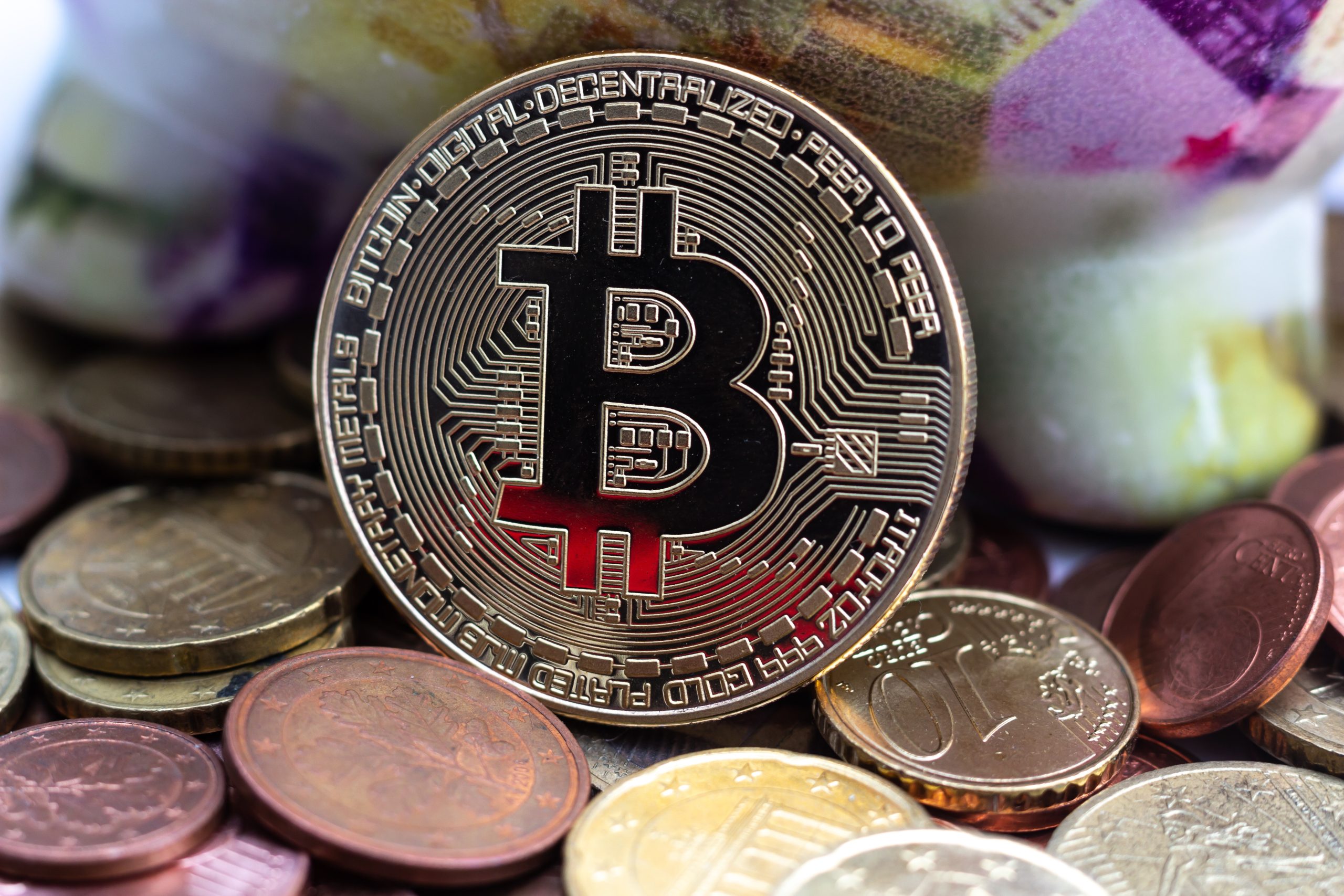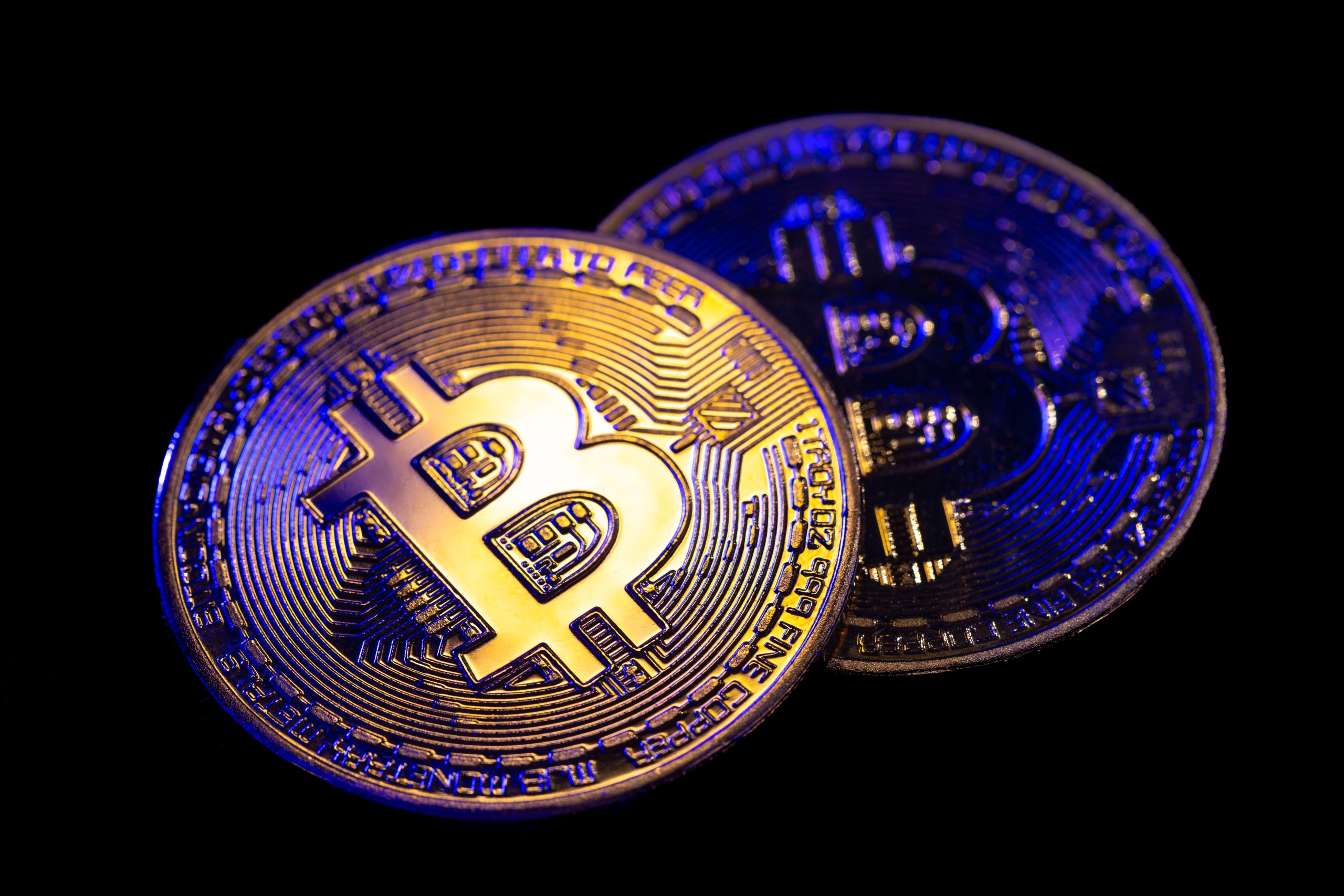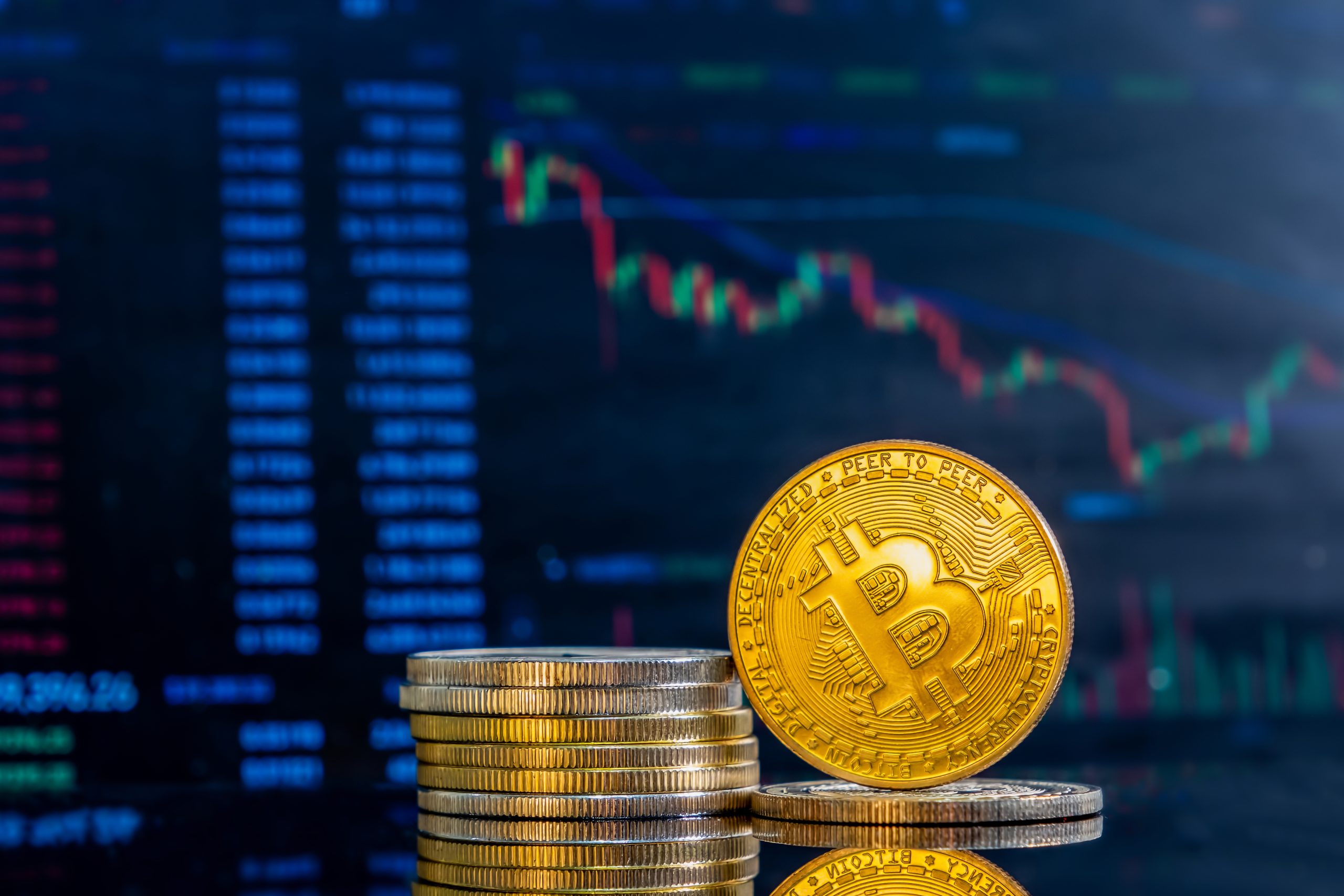What Are Bitcoin and Altcoins?
Alright, let’s start with the basics. Bitcoin is the original cryptocurrency, created in 2009 by an unknown person or group using the name Satoshi Nakamoto. It’s like the granddaddy of all digital currencies, the first one that got everyone talking.
What Are Altcoins?
Altcoins are any cryptocurrencies other than Bitcoin. The term “altcoin” stands for “alternative coin.” These coins were developed after Bitcoin and aim to improve on its features or offer something different. Think of them as the younger siblings trying to carve out their own space in the crypto family.
Why the Showdown?
You might be wondering, “Why compare Bitcoin and altcoins?” Well, it’s simple. Bitcoin is the leader, but altcoins bring new ideas and innovations to the table. Understanding the differences can help you make smarter investment choices or just satisfy your curiosity.
Bitcoin: The Pioneer
- First Mover Advantage: Bitcoin was the first cryptocurrency, giving it a significant edge in recognition and adoption.
- Store of Value: Often referred to as “digital gold,” Bitcoin is seen as a reliable store of value.
- Limited Supply: Only 21 million Bitcoins will ever exist, making it scarce and potentially valuable.
Altcoins: The Innovators
- Variety of Uses: Altcoins like Ethereum, Ripple, and Litecoin offer different functionalities, such as smart contracts, faster transactions, or enhanced privacy.
- Technological Advancements: Many altcoins introduce new technologies or improvements over Bitcoin’s blockchain.
- Potential for Growth: Since they are newer, altcoins have more room to grow in terms of market cap and adoption.
From my perspective, while Bitcoin is the rockstar, altcoins are the talented band members bringing their own flair to the music!
Key Differences Between Bitcoin and Altcoins
Let’s dive into some of the main differences that set Bitcoin apart from its altcoin cousins.
1. Purpose and Use Case
Bitcoin was created as a decentralized digital currency to enable peer-to-peer transactions without the need for intermediaries like banks.
Altcoins, on the other hand, often have specific purposes:
- Ethereum: Focuses on smart contracts and decentralized applications (dApps).
- Ripple (XRP): Aims to facilitate fast and low-cost cross-border payments.
- Litecoin: Designed for faster transaction times compared to Bitcoin.
2. Technology and Innovation
Bitcoin’s blockchain is robust but relatively simple compared to some altcoins. Altcoins often incorporate new technologies to enhance functionality:
- Smart Contracts: Ethereum introduced smart contracts, allowing for automated and programmable agreements.
- Consensus Mechanisms: While Bitcoin uses Proof-of-Work (PoW), many altcoins use Proof-of-Stake (PoS) or other consensus methods to improve efficiency and reduce energy consumption.
3. Market Capitalization and Liquidity
Bitcoin has the largest market capitalization in the crypto world, making it the most liquid and widely traded cryptocurrency. Altcoins generally have smaller market caps, which can mean higher volatility but also greater potential for significant gains.
4. Community and Development
Bitcoin has a massive, dedicated community and extensive developer support, ensuring continuous improvements and security.
Altcoins vary widely in their community strength and development activity:
- Ethereum has a large and active developer community.
- Smaller altcoins might have less support, which can affect their long-term viability.
Pros and Cons: Bitcoin vs Altcoins
Bitcoin
Pros:
- Widely Recognized: Bitcoin is the most recognized cryptocurrency.
- High Liquidity: Easy to buy and sell on almost all exchanges.
- Store of Value: Seen as a safe investment in the crypto space.
Cons:
- Scalability Issues: Bitcoin can handle fewer transactions per second compared to some altcoins.
- High Transaction Fees: During peak times, transaction fees can be quite high.
- Limited Functionality: Primarily used as a currency, lacking the diverse applications of some altcoins.
Altcoins
Pros:
- Innovative Features: Many altcoins offer unique functionalities and improvements.
- Lower Transaction Fees: Often cheaper to transact with compared to Bitcoin.
- Higher Potential Returns: Smaller market caps mean greater room for growth.
Cons:
- Higher Volatility: Prices can be more unpredictable.
- Less Liquidity: Harder to buy and sell large amounts without affecting the price.
- Risk of Failure: Many altcoins don’t survive long-term, leading to potential losses.
From what I’ve seen, Bitcoin is like the reliable, steady friend, while altcoins are the adventurous ones that can bring excitement but also some unpredictability!
How to Choose Between Bitcoin and Altcoins
Choosing between Bitcoin and altcoins depends on your investment goals and risk tolerance. Here are some tips to help you decide:
1. Assess Your Risk Tolerance
- Low Risk: Bitcoin is generally considered less risky due to its established presence and market cap.
- High Risk: Altcoins can offer higher returns but come with increased risk and volatility.
2. Diversify Your Portfolio
Don’t put all your eggs in one basket. Investing in both Bitcoin and a few promising altcoins can balance stability and growth potential.
3. Research Thoroughly
Look into the fundamentals of any cryptocurrency before investing. Check the development team, use case, community support, and market trends.
4. Use Reliable Tools
Having the right tools can make all the difference. Fxpricing is a fantastic option for tracking and analyzing cryptocurrencies. They offer real-time and historical data, live charts, customizable dashboards, and market analysis to help you make informed decisions.
The Future of Bitcoin vs Altcoins
So, where are Bitcoin and altcoins headed? Here’s a quick look at what the future might hold for these digital currencies.
Bitcoin
- Mainstream Adoption: More businesses and institutions are accepting Bitcoin as a form of payment.
- Store of Value: Bitcoin continues to be seen as a digital gold, a reliable store of value.
- Regulatory Clarity: As regulations become clearer, Bitcoin’s legitimacy and adoption are likely to increase.
Altcoins
- Technological Innovations: Altcoins will continue to innovate, offering new features and improvements.
- Niche Markets: Many altcoins will dominate specific niches, such as DeFi, gaming, or supply chain management.
- Interoperability: Projects focused on blockchain interoperability will help different cryptocurrencies work together seamlessly.
From my standpoint, both Bitcoin and altcoins have bright futures, each carving out their own space in the crypto ecosystem!
How Fxpricing Enhances Your Crypto Experience
Let’s talk about how Fxpricing fits into the Bitcoin vs Altcoins showdown. Fxpricing is a comprehensive financial data provider that offers real-time and historical data for forex, cryptocurrencies, stocks, and commodities. Here’s why Fxpricing is a game-changer for crypto enthusiasts:
Real-Time Data and Live Charts
With Fxpricing, you get access to live rates and charts, allowing you to monitor the market in real-time. This is crucial for making quick decisions, especially in the fast-paced crypto world.
Customizable Dashboards
Everyone likes things their way, right? Fxpricing allows you to customize your dashboards to display the information that matters most to you. Whether you’re tracking Bitcoin, Ethereum, or any other altcoin, you can tailor your dashboard to fit your needs.
APIs for Easy Integration
Fxpricing offers APIs that make it easy to integrate their data into your trading platforms and financial applications. Whether you’re a developer or a trader, this seamless integration can enhance your trading experience.
Market Analysis and News Updates
Staying informed is key in the crypto market. Fxpricing provides market analysis and news updates to keep you in the loop. This helps you make informed decisions based on the latest trends and events.
Economic Calendar
An economic calendar is essential for tracking important events that could impact the markets. Fxpricing’s economic calendar helps you stay ahead by keeping track of key dates and events.
Partnerships and Collaborations
Fxpricing has established partnerships with key players in the financial markets, including brokers, exchanges, data providers, and financial institutions. These collaborations ensure that Fxpricing offers reliable and extensive market coverage, making it an essential tool for traders, investors, developers, and financial institutions.
With Fxpricing, you have all the tools you need to navigate the Bitcoin vs Altcoins showdown confidently!
Personal Insights: Why I Prefer Both Bitcoin and Altcoins
Let me share a bit about why I like investing in both Bitcoin and altcoins. It’s like having a balanced diet—you need both carbs and protein to stay healthy!
The Stability of Bitcoin
Bitcoin gives me peace of mind. It’s the most recognized and established cryptocurrency, so knowing I have some Bitcoin in my portfolio feels secure.
The Excitement of Altcoins
Altcoins add excitement to my investments. They bring new technologies and innovations that can lead to significant growth. Plus, they allow me to support projects that align with my interests.
Diversification is Key
Having a mix of Bitcoin and altcoins helps spread out my risk. If one asset doesn’t perform well, others might
Critical Analysis: Weighing the Pros and Cons
While the Bitcoin vs Altcoins debate is exciting, it’s important to weigh the pros and cons to make informed decisions.
Bitcoin: The Strengths
- Established Leader: Bitcoin’s long history and large market cap make it a stable investment.
- Widely Accepted: More merchants and institutions are accepting Bitcoin as a form of payment.
- Security: Bitcoin’s network is one of the most secure, thanks to its extensive mining ecosystem.
Bitcoin: The Weaknesses
- Scalability Issues: Bitcoin can handle fewer transactions per second compared to some altcoins, leading to slower processing times.
- High Transaction Fees: During peak times, fees can be quite high, making small transactions less feasible.
- Limited Use Cases: Bitcoin is primarily used as a store of value and a medium of exchange, lacking the diverse applications of some altcoins.
Altcoins: The Strengths
- Innovative Features: Many altcoins offer unique functionalities, such as smart contracts (Ethereum) or faster transactions (Litecoin).
- Lower Fees: Altcoins often have lower transaction fees, making them more practical for everyday use.
- High Growth Potential: With smaller market caps, altcoins have more room to grow, offering potentially higher returns.
Altcoins: The Weaknesses
- Higher Volatility: Altcoins can be more volatile, leading to larger price swings and higher risk.
- Less Liquidity: Some altcoins have lower liquidity, making it harder to buy or sell large amounts without affecting the price.
- Risk of Failure: Many altcoins don’t survive long-term, posing a risk of losing your investment if the project fails.
From what I’ve seen, Bitcoin provides stability while altcoins offer opportunities for growth, making a balanced approach the best way to go!
Hypothetical Scenario: Bitcoin and Altcoins in 2030
Let’s have a little fun and imagine what the crypto landscape might look like in 2030, especially in the Bitcoin vs Altcoins showdown.
Bitcoin: The Digital Gold
By 2030, Bitcoin could solidify its position as the digital gold of the crypto world. It’s widely accepted, holds significant value, and is a key component of many investment portfolios.
Altcoins: The Diverse Ecosystem
Altcoins will have carved out their niches, each serving different purposes:
- Ethereum might be the go-to platform for decentralized applications and smart contracts.
- Ripple (XRP) could dominate cross-border payments, making international transactions seamless and low-cost.
- Litecoin might be the preferred choice for everyday transactions due to its speed and low fees.
Integration with Traditional Finance
Both Bitcoin and altcoins could be integrated into traditional financial systems. Banks and financial institutions might offer crypto services, making it easier for people to use and invest in digital currencies.
Enhanced Technology
Advancements in blockchain technology could address current issues like scalability and energy consumption. Bitcoin’s network might become more efficient, while altcoins continue to innovate and offer new features.
Global Financial Inclusion
Cryptocurrencies could play a major role in promoting financial inclusion worldwide. People in developing countries, who previously had limited access to financial services, could benefit from the accessibility and transparency of digital currencies.
Imagining this future shows just how transformative Bitcoin vs Altcoins can be. It’s not just about money; it’s about reshaping how we interact with the financial world.
Quotes from Industry Leaders
To give you a better perspective, here are some insightful quotes from industry leaders:
“Bitcoin is not just a currency, it’s a movement towards a decentralized future.” – Andreas Antonopoulos
“Blockchain technology is the future, not only for cryptocurrency but for the entire industry.” – Marc Andreessen
“Digital currencies have the potential to reshape the global financial system.” – Cathy Wood
These quotes highlight the immense potential and transformative power of both Bitcoin and altcoins in the financial landscape.
How Fxpricing Enhances Your Crypto Experience
Let’s talk about how Fxpricing fits into the Bitcoin vs Altcoins showdown. Fxpricing is a comprehensive financial data provider that offers real-time and historical data for forex, cryptocurrencies, stocks, and commodities. Here’s why Fxpricing is a game-changer for crypto enthusiasts:
Real-Time Data and Live Charts
With Fxpricing, you get access to live rates and charts, allowing you to monitor the market in real-time. This is crucial for making quick decisions, especially in the fast-paced crypto world.
Customizable Dashboards
Everyone likes things their way, right? Fxpricing allows you to customize your dashboards to display the information that matters most to you. Whether you’re tracking Bitcoin, Ethereum, or any other altcoin, you can tailor your dashboard to fit your needs.
APIs for Easy Integration
Fxpricing offers APIs that make it easy to integrate their data into your trading platforms and financial applications. Whether you’re a developer or a trader, this seamless integration can enhance your trading experience.
Market Analysis and News Updates
Staying informed is key in the crypto market. Fxpricing provides market analysis and news updates to keep you in the loop. This helps you make informed decisions based on the latest trends and events.
Economic Calendar
An economic calendar is essential for tracking important events that could impact the markets. Fxpricing’s economic calendar helps you stay ahead by keeping track of key dates and events.
Partnerships and Collaborations
Fxpricing has established partnerships with key players in the financial markets, including brokers, exchanges, data providers, and financial institutions. These collaborations ensure that Fxpricing offers reliable and extensive market coverage, making it an essential tool for traders, investors, developers, and financial institutions.
With Fxpricing, you have all the tools you need to navigate the Bitcoin vs Altcoins showdown confidently!
Personal Insights: Why I Love Both Bitcoin and Altcoins
Let me share a bit about why I like investing in both Bitcoin and altcoins. It’s like having a balanced diet—you need both carbs and protein to stay healthy!
The Stability of Bitcoin
Bitcoin gives me peace of mind. It’s the most recognized and established cryptocurrency, so knowing I have some Bitcoin in my portfolio feels secure.
The Excitement of Altcoins
Altcoins add excitement to my investments. They bring new technologies and innovations that can lead to significant growth. Plus, they allow me to support projects that align with my interests.
Diversification is Key
Having a mix of Bitcoin and altcoins helps spread out my risk. If one asset doesn’t perform well, others might compensate, balancing out potential losses.
Supporting Innovation
Many altcoins are at the forefront of technological advancements in the crypto space. By investing in them, I’m supporting innovations that could change industries and improve financial systems.
From my experience, this balanced approach not only maximizes potential returns but also keeps my investment strategy dynamic and interesting.
Critical Analysis: Weighing the Pros and Cons
While the Bitcoin vs Altcoins debate is exciting, it’s important to weigh the pros and cons to make informed decisions.
Bitcoin: The Strengths
- Established Leader: Bitcoin’s long history and large market cap make it a stable investment.
- Widely Accepted: More merchants and institutions are accepting Bitcoin as a form of payment.
- Security: Bitcoin’s network is one of the most secure, thanks to its extensive mining ecosystem.
Bitcoin: The Weaknesses
- Scalability Issues: Bitcoin can handle fewer transactions per second compared to some altcoins, leading to slower processing times.
- High Transaction Fees: During peak times, fees can be quite high, making small transactions less feasible.
- Limited Use Cases: Bitcoin is primarily used as a store of value and a medium of exchange, lacking the diverse applications of some altcoins.
Altcoins: The Strengths
- Innovative Features: Many altcoins offer unique functionalities, such as smart contracts (Ethereum) or faster transactions (Litecoin).
- Lower Fees: Altcoins often have lower transaction fees, making them more practical for everyday use.
- High Growth Potential: With smaller market caps, altcoins have more room to grow, offering potentially higher returns.
Altcoins: The Weaknesses
- Higher Volatility: Altcoins can be more volatile, leading to larger price swings and higher risk.
- Less Liquidity: Some altcoins have lower liquidity, making it harder to buy or sell large amounts without affecting the price.
- Risk of Failure: Many altcoins don’t survive long-term, posing a risk of losing your investment if the project fails.
From what I’ve seen, Bitcoin provides stability while altcoins offer opportunities for growth, making a balanced approach the best way to go!
FAQs
1. What is the main difference between Bitcoin and altcoins?
Bitcoin is the first and most well-known cryptocurrency, primarily used as a digital store of value and medium of exchange. Altcoins are any cryptocurrencies other than Bitcoin and often offer different features or improvements, such as smart contracts, faster transactions, or enhanced privacy.
2. Why is Bitcoin considered digital gold?
Bitcoin is often called digital gold because it shares similar properties with gold, such as scarcity (limited supply), durability, and being a store of value. Like gold, Bitcoin is seen as a hedge against inflation and economic uncertainty.
3. What are some popular altcoins?
Some popular altcoins include Ethereum (ETH), Ripple (XRP), Litecoin (LTC), Cardano (ADA), and Binance Coin (BNB). Each of these altcoins has its own unique features and use cases.
4. How do I choose between investing in Bitcoin or altcoins?
Choosing between Bitcoin and altcoins depends on your investment goals and risk tolerance. Bitcoin is generally considered a safer, more stable investment, while altcoins offer higher growth potential but come with increased risk. Diversifying your portfolio with both can balance stability and growth.
5. What makes an altcoin a good investment?
A good altcoin investment typically has a strong development team, a clear use case, active community support, and solid technological foundations. It’s also important to assess the market potential and any unique features that set it apart from other cryptocurrencies.

